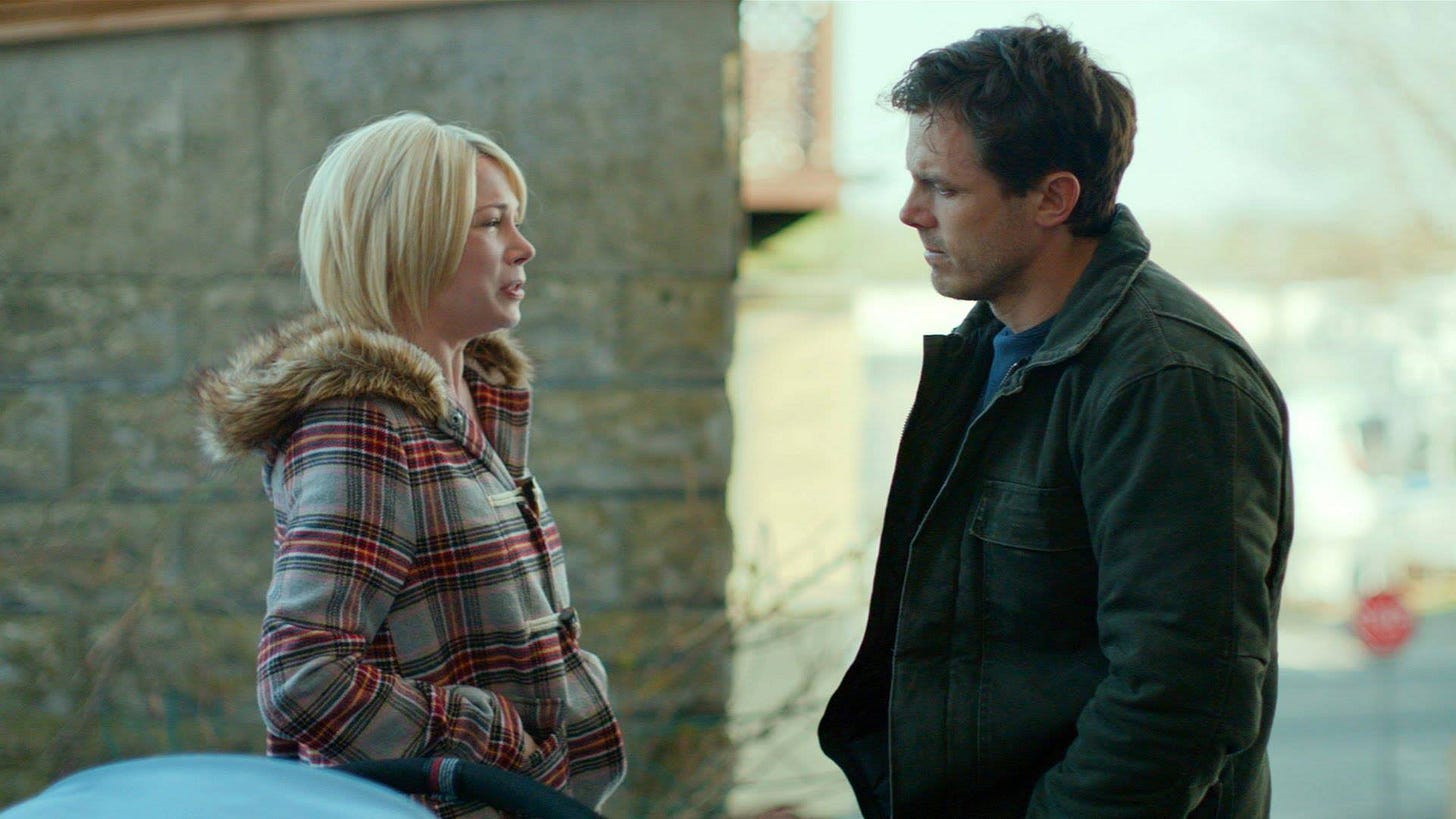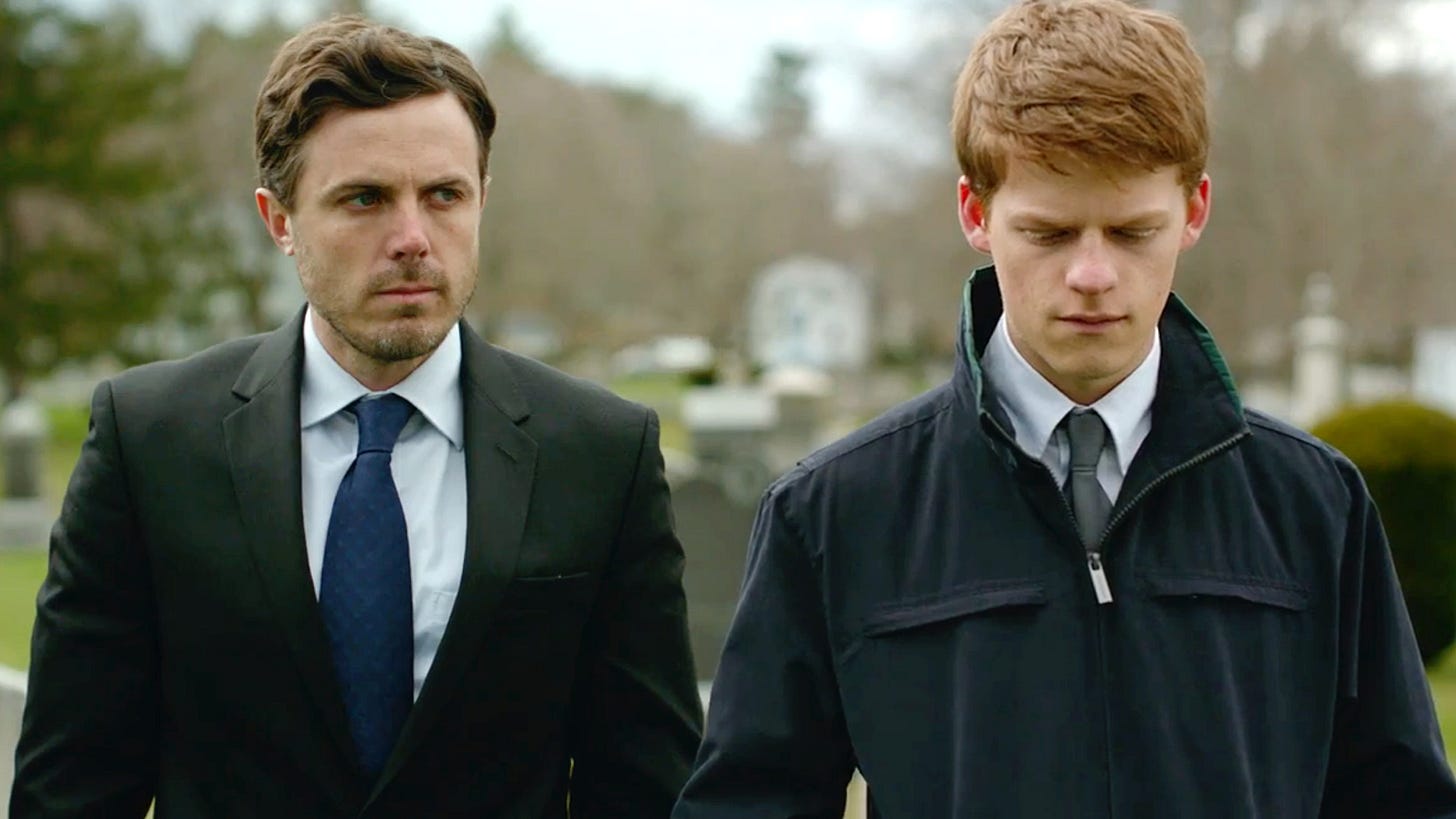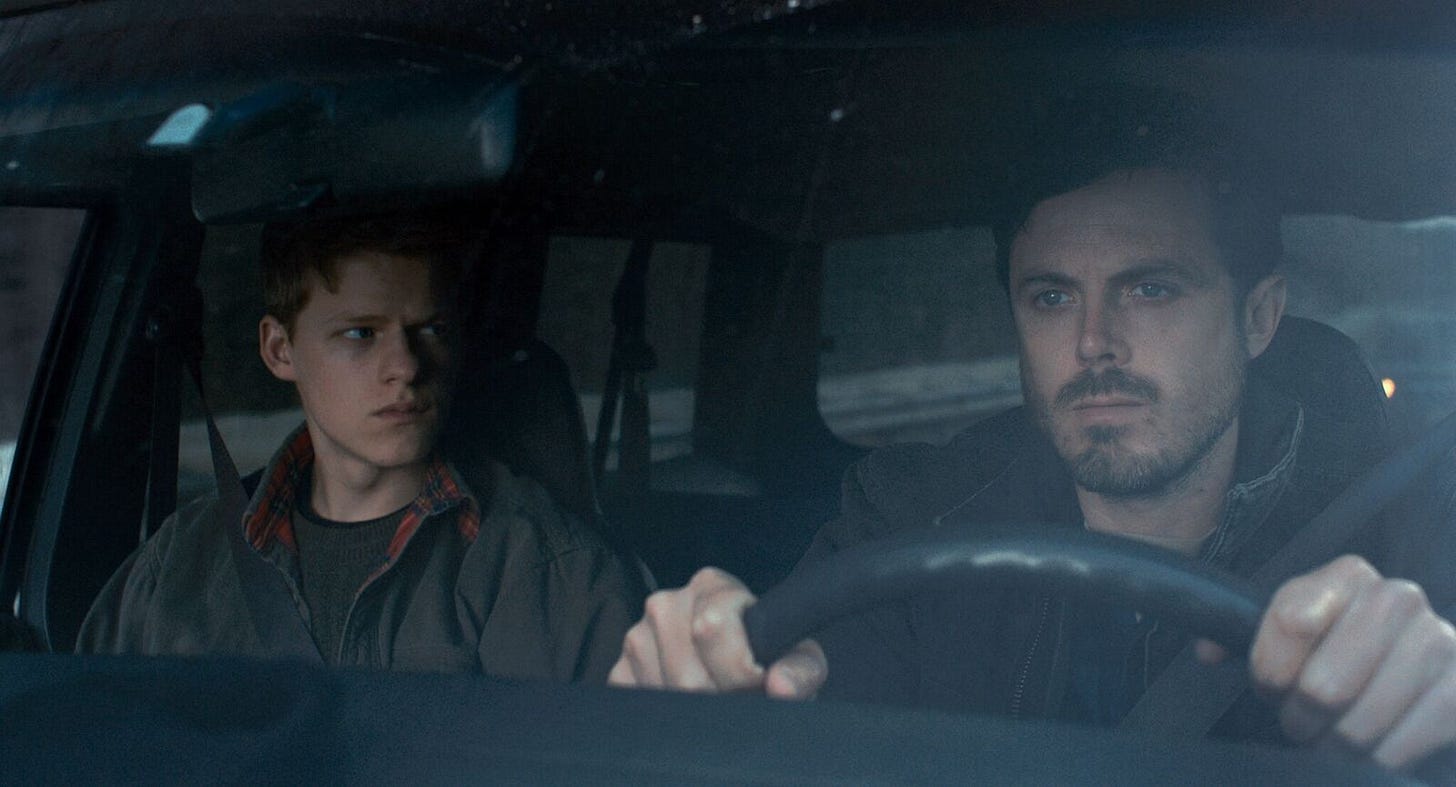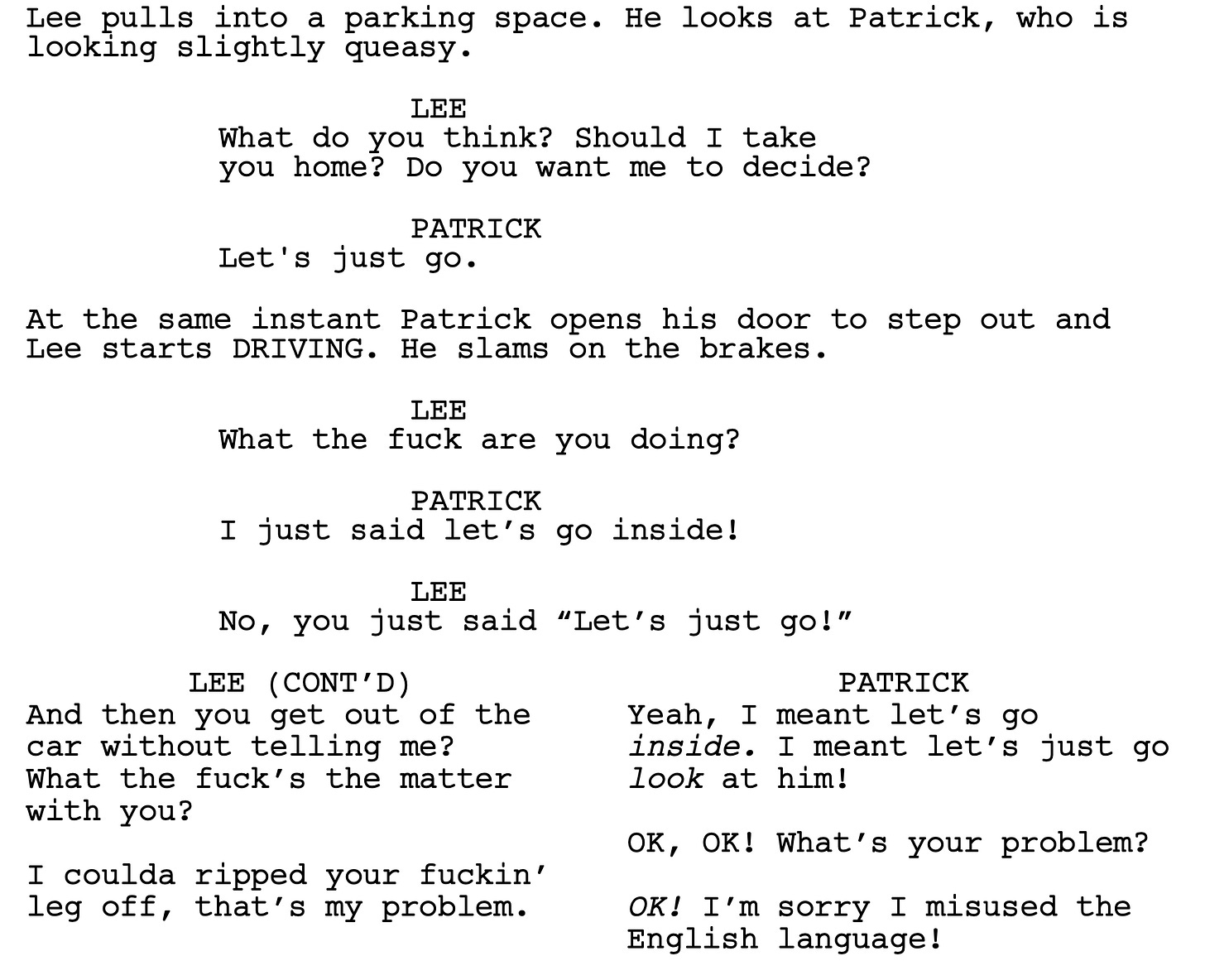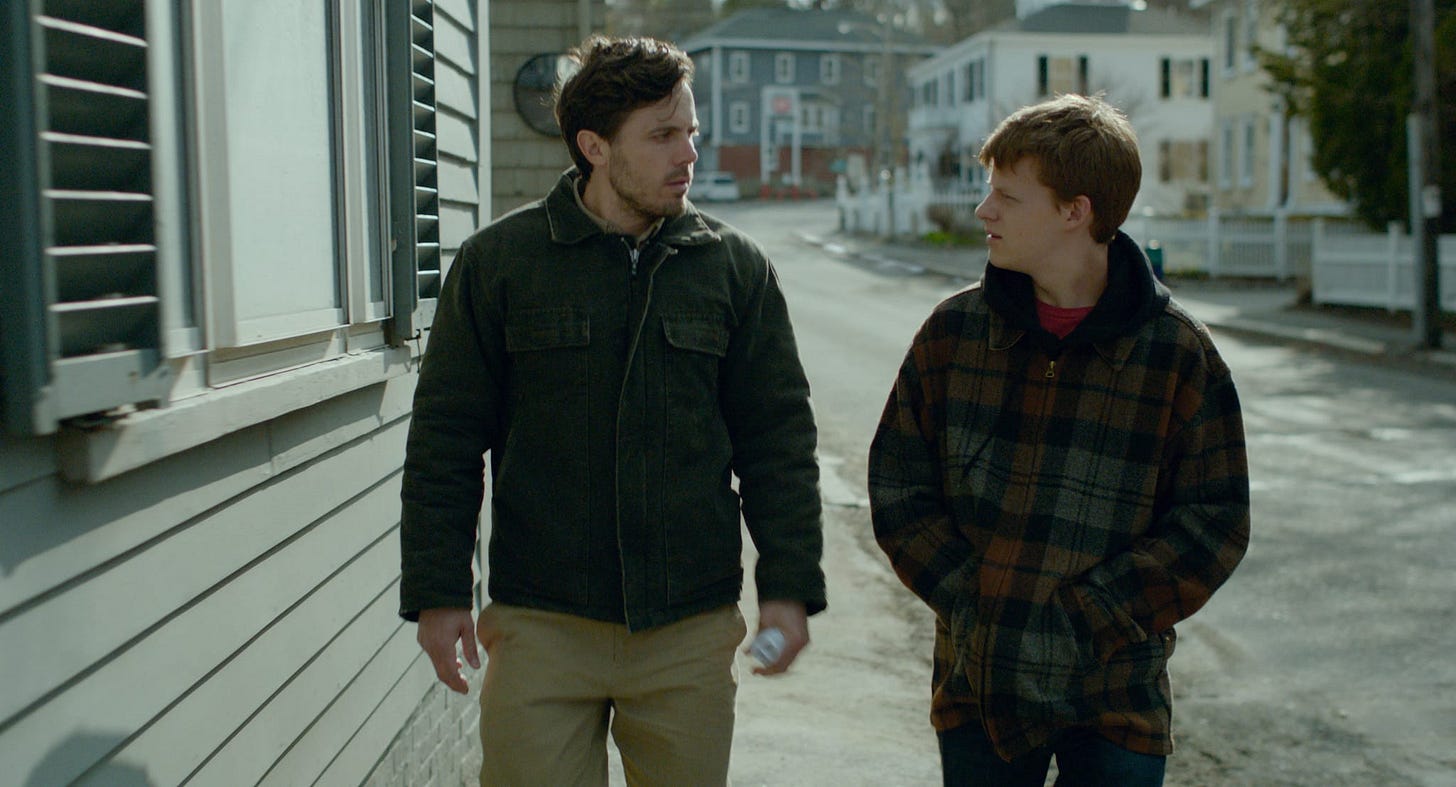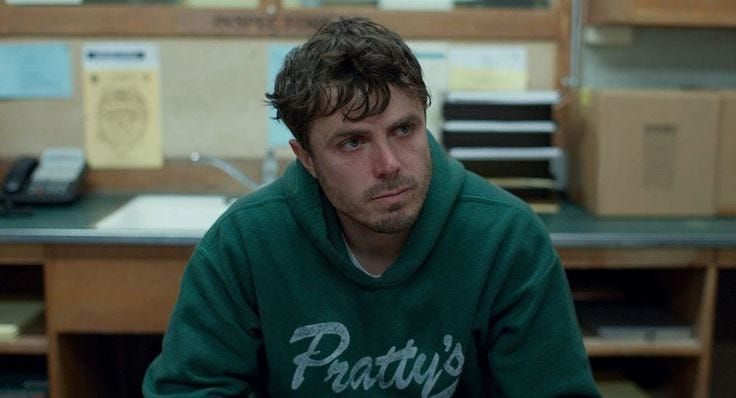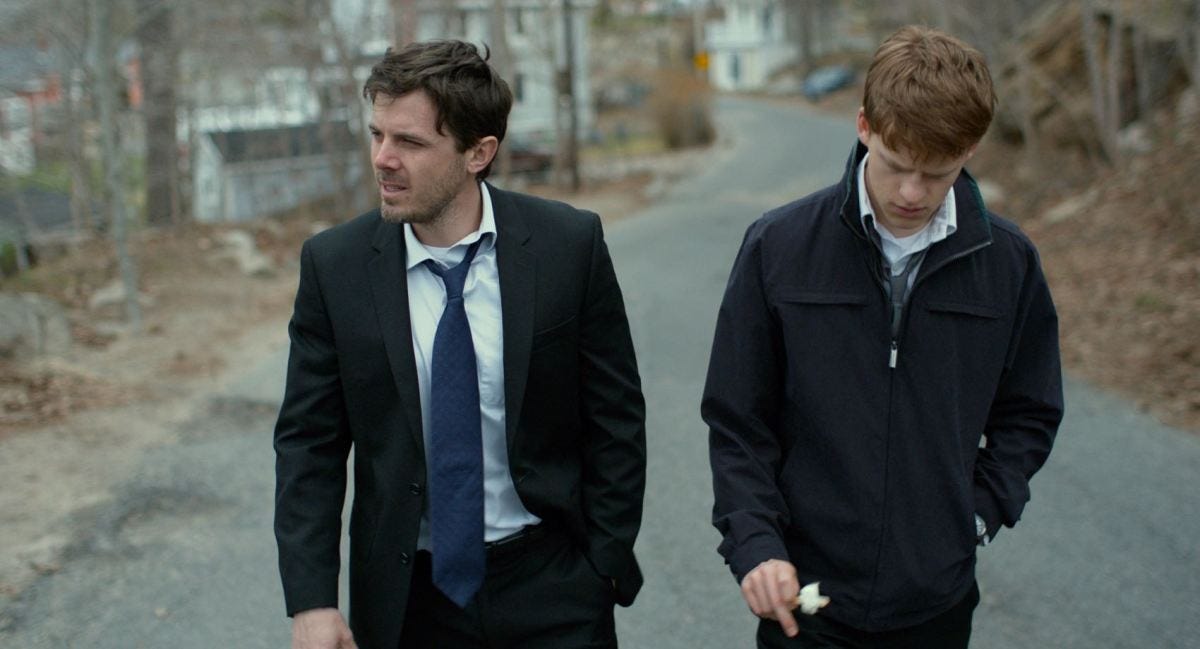I use the bathroom at least twice a day.
Heck, I might even take four or five trips to the tiled terrarium if I’m hitting my hydration targets. And if I had Chipotle recently? Forget about it.
Bear with me, your honor, I’m going somewhere with this.
You see, I’ve heard it said1 that the difference between comedy and drama is that characters in a comedy actually use the restroom.
I don’t think this is meant to be interpreted literally, although it certainly can be. (Take Curb Your Enthusiasm, for example, a show that, at a high level, is about Larry David trying to use as many bathrooms as he can find.)
If, however, we assume “using the restroom” to be metaphorical, then it represents any mundane, routine task that’s typically not exciting or important enough to warrant screen time.
Does Liam Neeson have to pee sometimes? Almost definitely. But we don’t have to take a bathroom break in the middle of Taken to prove it.
Meanwhile, comedies often find humor in these uncomfortable, human moments. After all, relatability serves as the bedrock for many a comedic set piece (“What’s the deal with…?”).
Consider the staggering amount of cringe-inducing awkwardness in shows like The Office or I Think You Should Leave. Many of the greatest comedies of all time are built off of the conceit of using the bathroom.
But here’s a question for you: if this device is such a staple of comedy…why is the saddest movie I’ve ever seen using it too?
Manchester by the Sea is perfect.
Yeah, I said it.
I watched it for the first time a few weeks ago, and I haven’t stopped thinking about it since.
I think that if I had to pick one film that embodies everything I’ve explored so far with this newsletter, it’s this one.
I mean, where do we even start? We could talk about…
the tragic reckoning of consequences,
the short, sweet, and gut-punching thesis statement that unlocks the film,
the bitter, frozen setting of the film,
the precarious balance of hilarious and heart-breaking moments,
and so on,
and so forth.
We could talk about those things. But we won’t.
Instead, I want to figure out why this movie stuck with me for so long. I want to know why my first viewing felt like being run over by a 15-car freight train.
I’ve seen plenty of good movies. Why is this one different?
…
I think it has to do with bathrooms.
Manchester by the Sea is sad.
The film opens with a scene of Lee (Casey Affleck) and his nephew Patrick (Lucas Hedges) joking around on the back of a fishing boat. It’s a calm, fun moment of levity.
Then we cut to seven years later. Lee shovels snow outside of a small apartment building. He changes a lightbulb in the hallway. He unclogs a toilet in a resident’s bathroom.
She apologizes for the mess, but he shrugs it off.
Lee’s a janitor. He’s used to bathrooms.
When he gets the call, we don’t know what it’s for. We know he’s flustered, yet resigned. We know something bad happened. We just don’t know what.
And then we watch him drive away.

This scene doesn’t end up in most movies. Usually we’d cut to the hospital and find out what happened.
This movie doesn’t do that.
Instead, we sit in the car with Lee and think about the fact that he has to get his shift covered.
Manchester by the Sea is funny.
Patrick isn’t sure he wants to see his dad’s body. Lee isn’t sure how to help.
This scene is hilarious. Partly because it’s naturally comedic, but also because it’s one of the first moments of humor after Lee’s brother dies.
Most movies wouldn’t interrupt a heavy moment like a son viewing his father’s corpse with a comedic misunderstanding. But this one does, because that’s what happens in real life. Awkward mistakes don’t go away just because something tragic has happened.
No matter how sad you are, you still have to use the restroom.
There are too many “bathroom” moments to write in depth about every one. Here are some more:
Lee and Patrick can’t find their car while they have an argument over funeral arrangements.
The paramedics struggle to fit the stretcher into the ambulance.
Patrick attends the dinner party from hell2.
Lee accidentally burns some sauce and sets off the fire alarm.
Patrick and Lee bounce a ball back and forth, but Patrick keeps dropping it.
Even the way the dialogue is structured suggests an awkward hyperrealism:
Formatting simultaneous dialogue side-by-side in a script is not ground-breaking. What’s rare is to do it this much.
Just scrolling through the screenplay, it’s evident that characters are talking over each other all the time. Why?
Because that’s what people DO.
Manchester by the Sea is real.
Comedies “use the bathroom” to be relatable.
So why shouldn’t dramas?
At the center of Manchester by the Sea lies one of the worst tragedies imaginable. It should be easy to distance myself from Lee. I should be able to “other” him and assure myself that I would never make the mistakes that he makes.
And yet…I do. All the time.
I’ve burned sauce in a pan. I’ve lost my car in a parking lot. I’ve misunderstood what someone meant.
“Look, Lee. You made a horrible mistake. Like a million other people did last night.”
By showing us all of these moments in which characters use the figurative bathroom, Manchester by the Sea forces us to relate and empathize.
A comedy uses this sense of togetherness to make us laugh.
This movie uses it to roll an eighteen-wheeler over our chests.
Manchester by the Sea is beautiful.
Beautiful, sad, hilarious, and, at times, even joyful.
It would be easy for a movie like this to lean into its premise and neutralize any gray area. I’m sure you’ve seen films like that, where every frame looks defeated and every line drips with grief.
This is not that movie.
If good movies should be pendulums of emotion, Manchester by the Sea is Big Ben. This film oscillates from laugh-out-loud comedy to hide-in-a-hole drama, navigating each extreme with ease.
The verisimilitude of the script, from the dialogue to the willingness to show awkward interactions, unlocks hilarious, relatable moments that both endear us to the characters and render us incapacitated by the events that follow.
It’s one of the best movies I’ve ever seen.
I’m just not sure I’ll ever watch it again.
…
Anyway, I’ve gotta go pee.
At least, I think I’ve heard this said. Unfortunately, I can’t find it anywhere online, so maybe I just said it to myself. We’ll never know.
I feel obliged to credit Richard Lewis here.






